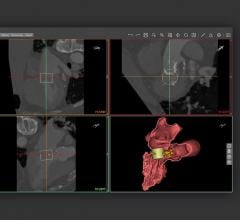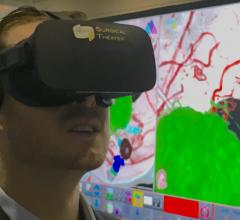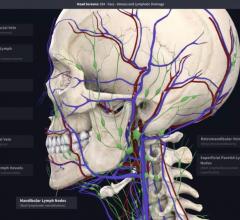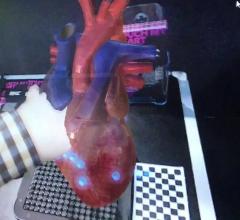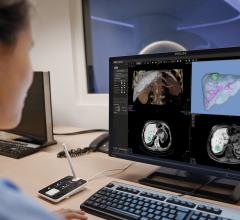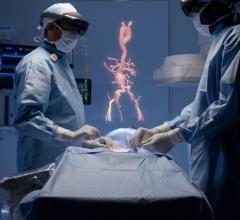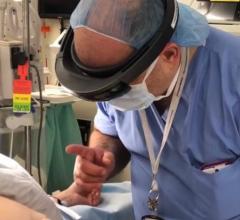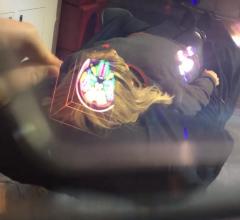
January 4, 2016 — Booz Allen Hamilton and Kaggle announced that the second annual Data Science Bowl will call on the global data science community to create a set of steps, or algorithms, to help transform diagnosis of heart disease. Through a partnership with the National Institutes of Health (NIH), participants in the 90-day competition will be given magnetic resonance imaging (MRI) images and asked to develop an algorithm to automate the measurements that are key indicators of heart disease.
The heart’s ability to efficiently pump blood is currently measured through a manual process that takes a specially trained cardiologist approximately 20 minutes to complete – vital time the physician could be spending with his or her patients. The Data Science Bowl’s dataset features more than 1,000 images from a broad spectrum of individuals with different ages and genders, ensuring the winning algorithm will be able to handle the varying, yet precise demands of real-world patient care while drastically cutting the time and cost of the traditional process.
“Combining our rich dataset with the collective power of data scientists presents a truly unique opportunity to redefine heart health research in just three months – an almost unbelievably short period of time in this industry,” said Michael S. Hansen, M.D., a NIH specialist in fast MRI techniques for real-time imaging and interventional procedures. “This competition demonstrates advanced analytics’ ability to amplify the impact of the individual analyst, and real-time cardiac measurement promises to significantly improve care where it matters most — at the doctor-patient level.”
At the close of the competition, the algorithm will be released in an open-source format, which will allow cardiologists and NIH researchers to explore its integration with diagnostic technologies. The participants who deliver the most accurate algorithm will be granted $125,000, with the second and third-place teams receiving $50,000 and $25,000, respectively. This year, visual computing vendor and special Data Science Bowl sponsor NVIDIA contributed $25,000 in prize money, and will provide all participants with free access to online deep learning courses. NVIDIA will also provide the three winning teams with free passes to its 2016 GPU Technology Conference (April 4-7, 2016, in San Jose, Calif.), where they plan to have the winning teams present their results.
For more information: www.datasciencebowl.com

 May 12, 2020
May 12, 2020 

